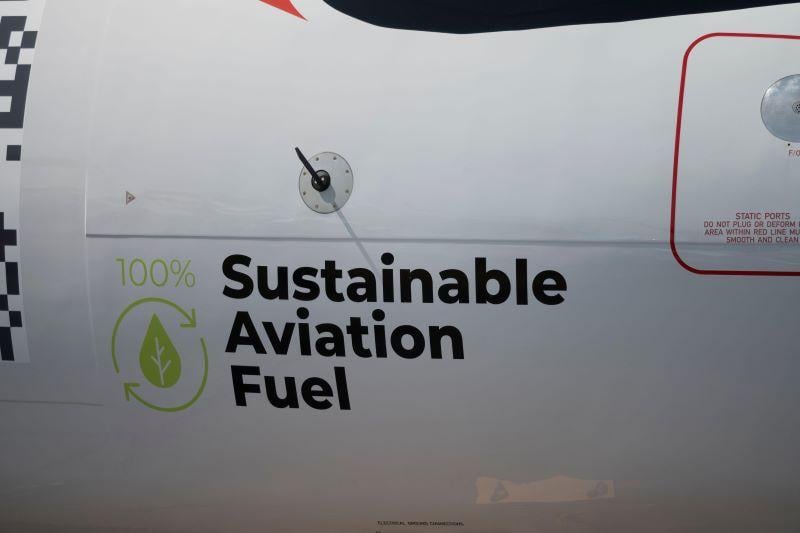
Credit: Malcolm Park / Alamy Stock Photo
LONDON—Airlines participating in the EU emissions trading scheme (EU ETS) are being encouraged to claim up to €2 billion ($2.1 billion) in EU ETS allowances aimed at mitigating the price difference between sustainable aviation fuels (SAF) and traditional kerosene. “In two months’ time, €2 billion...
Subscription Required
This content requires a subscription to one of the Aviation Week Intelligence Network (AWIN) bundles.
Schedule a demo today to find out how you can access this content and similar content related to your area of the global aviation industry.
Already an AWIN subscriber? Login
Did you know? Aviation Week has won top honors multiple times in the Jesse H. Neal National Business Journalism Awards, the business-to-business media equivalent of the Pulitzer Prizes.





